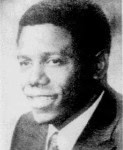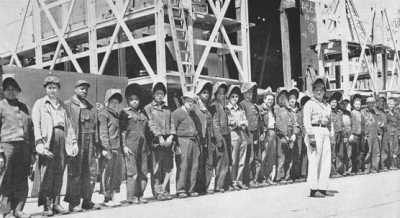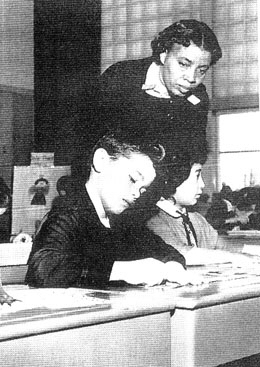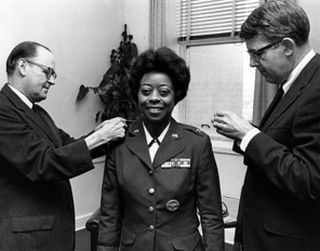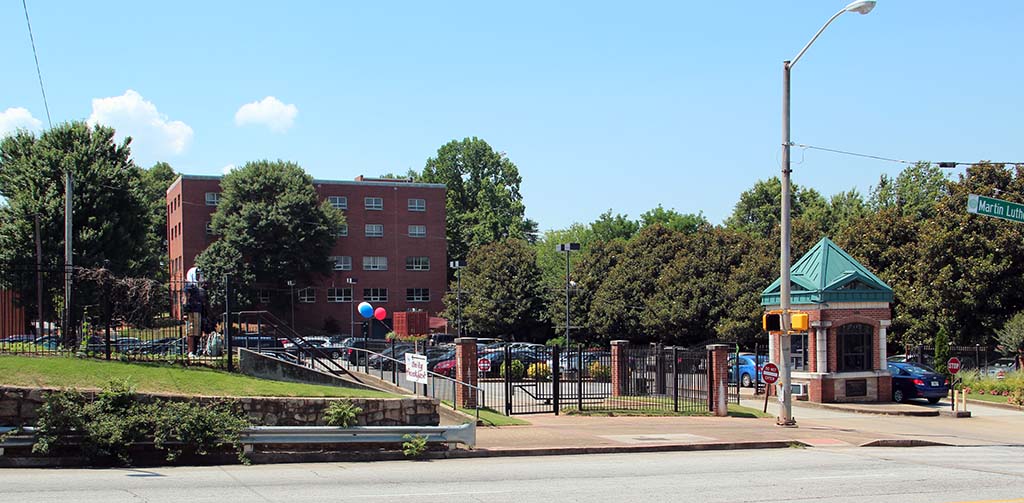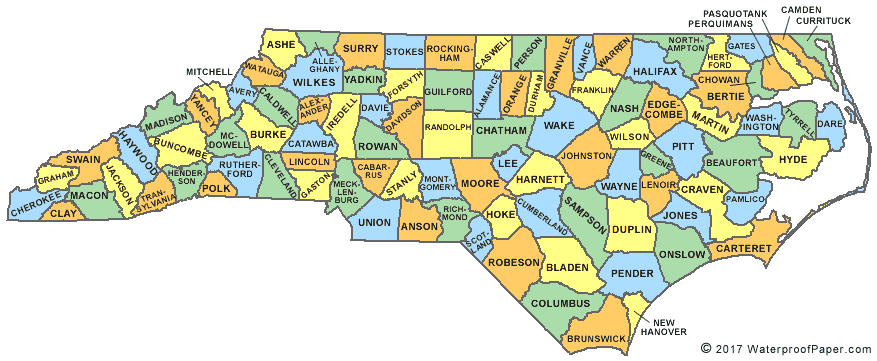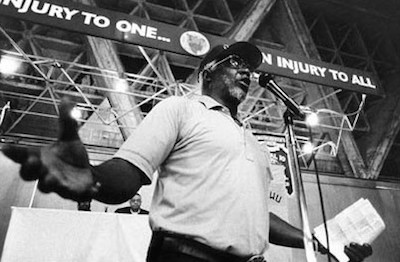
A rank-and-file activist in the International Longshore & Warehouse Union (ILWU), Leo Robinson was best known for fighting apartheid by helping lead a massive boycott of South African cargo that galvanized anti-apartheid movement in California‘s San Francisco Bay Area in 1984.
Born in Shreveport, Louisiana, on May 26, 1937, to Arthur and Pearl Lee Young, Robinson and his family moved to Oakland during World War II. Both parents worked at Moore Shipyard, one of numerous large shipbuilders in the area’s booming wartime economy. Along with his parents and four siblings, he lived in the Cypress Village housing projects in West Oakland, a segregated ghetto that gave birth to the Black Panther Party two decades later.
After World War II, Robinson’s father found work on the San Francisco waterfront and joined racially integrated ILWU Local 10. Robinson, meanwhile, attended Oakland Technical High School but quit before graduating to join the U.S. Navy. Robinson served almost four years after the Korean War, receiving an honorable discharge. He then worked at the General Motors factory in Oakland, but in 1963 Robinson joined ILWU Local 10, earning full “A” status around 1967.
Robinson became politicized in the late 1960s by discussing the Vietnam War with fellow longshore workers and eventually joined the Communist Party. By this point, he had become an active rank-and-file union member, vigilantly protecting worker rights, union democracy, and worker contracts. He was repeatedly elected to the local’s executive board and the union’s key decision-making body, the Longshore Caucus.
Inspired by the huge Soweto, South Africa, student uprising in 1976, Robinson helped form Local 10’s Southern Africa Liberation Support Committee (SALSC), the first anti-apartheid group in an American labor union. This group successfully boycotted South African cargo for one day in 1977 and collected tons of food and medical supplies for freedom fighters in Mozambique, South Africa, and Zimbabwe. They also worked closely with the Coalition of Black Trade Unionists and community groups in the anti-apartheid movement.
The most impressive action of the SALSC occurred in 1984 when, a few weeks after President Ronald Reagan’s landslide re-election, they organized the longest boycott of South African cargo in U.S. history. When the Nedlloyd Kimberly docked at San Francisco Pier 80, Robinson and other longshore workers refused to touch the South African cargo, though they unloaded the rest of the ship’s contents. As thousands from the community rallied in support, this cargo remained in the hold; finally, on the eleventh day, they unloaded it under pressure from employers and a federal injunction that threatened massive fines. Immediately, the Bay Area anti-apartheid movement, including students at nearby University of California, Berkeley, gained tremendous momentum from the longshoremen’s action.
Six years later, when Nelson Mandela toured the United States after his release from 27 years in prison, he thanked the ILWU before a mammoth crowd at the Oakland Coliseum.
Leo Robinson died on January 14, 2013, in Raymond, California. He was survived by his wife, Johnnie, seven children, and three stepchildren. Shortly after his passing, hundreds attended a memorial where the South African ambassador to the United States presented Robinson, posthumously, with the Nelson Mandela Humanitarian Award.



